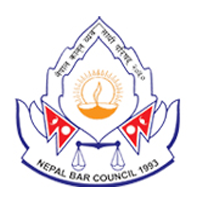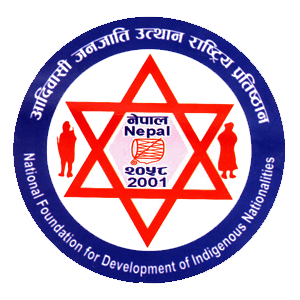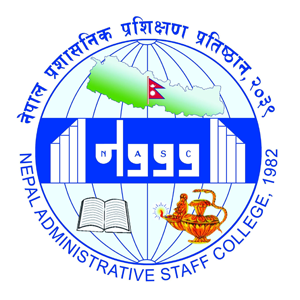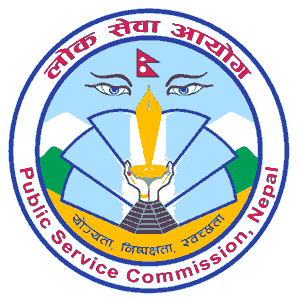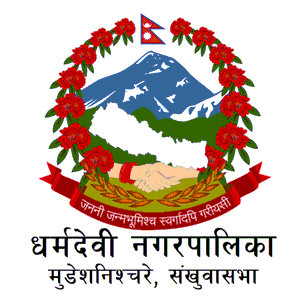Overview
Nepal Engineers’ Association (NEA) is an independent nonprofit organization established in 1962 under the Social Service Act of the Government of Nepal. Today, NEA represents over 39,099 engineers from various engineering disciplines, including architects, civil, electrical, mechanical, electronics, and more, belonging to both public and private sector economies.
NEA’s Mandates and Governance:
NEA is governed by an elected executive council of 25 members, led by the President of the association for a tenure of two years. NEA’s mandates include promoting fellowship, goodwill, and cooperation among Nepalese engineers, safeguarding their rights and interests, and promoting the development of science and technology.
NEA's Professional Activities:
NEA facilitates and coordinates the professional activities of independent subject-specific professional societies, including Agricultural Engineers (NSAE), Architects (SONA), Arbitrators (NEPA), Computer Engineers (ACEN), Electrical and Communication Engineers (SECEN), Electrical Engineers (SEEN), Irrigation Engineers (SIREN), Mechanical Engineers (SOMEN), Public Health Engineers (SOPHEN), Structural Engineers (SEANep), Technical Auditors (SOTAN), Regional & Urban Planners (RUPSON), Rural Development Engineers (SERDEN), Value Engineers (NVA), and Society of Consulting Engineers and Architectural Firms (SCAEF).
NEA's International Relations:
NEA has been at the forefront of developing fellowship and goodwill with international engineering associations and institutions. NEA is currently a member of the World Federation of Engineering Organizations (WFEO) and was instrumental in the establishment of the Federation of Engineering Institute of South and Central Asia (FEISCA). NEA has recently joined the Asian Civil Engineering Coordinating Council (ACECC) and has functional bilateral relations with various institutions like the Institution of Engineers Bangladesh, India, Malaysia, Pakistan, Sri Lanka, Institution of Civil Engineers (ICE-UK), American Society of Civil Engineers (ASCE), Japanese Society of Civil Engineers (JSCE), and the Korean Society of Civil Engineers (KSCE).
NEA's Contributions Post-Earthquake:
In the aftermath of the devastating earthquake of April 25, 2015, NEA played a pivotal role in mobilizing around 3,500 engineers to conduct Rapid Visual Damage Assessment of over 65,000 affected buildings free of cost. NEA CCEE has been contributing towards enhancing the professional skills of engineers for undertaking post-seismic assessment, repair, and strengthening of damaged buildings through its partnership with the Government of Nepal, UNDP, and other academic institutions and professional societies. NEA is also engaged in supporting the reconstruction efforts by engaging in mason training on earthquake-resistant construction and design competition for suitable model housing designs.
NEA's Continuous Engineering Education and Business Incubation Center:
NEA has established centers for Continuous Engineering Education (NEA CCEE) and the Business Incubation Center (NEA BIC) to address respectively the CPD requirements for professional enhancements and to promote entrepreneurship capabilities among young engineers.
Objectives:
- Promote the development of engineering science and technology in Nepal: NEA aims to promote the development of engineering science and technology in Nepal through various initiatives and programs.
- Promote fellowship, goodwill, and cooperation among Nepalese engineers: NEA aims to foster a sense of fellowship, goodwill, and cooperation among Nepalese engineers to work together towards common goals.
- Safeguard the rights and interests of Nepalese engineers: NEA aims to protect and safeguard the rights and interests of Nepalese engineers and ensure that they are treated fairly and justly.
- Reduce foreign dependency on engineering manpower: NEA aims to utilize the national engineering manpower of Nepal to the fullest extent possible and end foreign dependency in the country's national development activities.
- Enhance the highest professional ideals among members: NEA aims to continuously enhance the highest professional ideals among its members and widen their knowledge and skills.
- Develop relations with international engineering associations and institutions: NEA aims to establish relations, fellowship, and goodwill with international engineering associations and institutions to exchange knowledge, ideas, and best practices.
Overall, Nepal Engineers’ Association (NEA) has been playing a crucial role in promoting engineering excellence, and cooperation, and contributing towards the development of science and technology in Nepal. Its efforts in supporting earthquake relief and reconstruction, promoting professional development, and fostering international partnerships have earned it a well-deserved reputation as a leading professional association in Nepal.
Contact Details:
Nepal Engineers' Association
Engineers' Bhawan, Pulchowk, Lalitpur
Phone: +977-1-5010251, +977-1-5010252
Email: info@neanepal.org.np
Website: www.neanepal.org.np



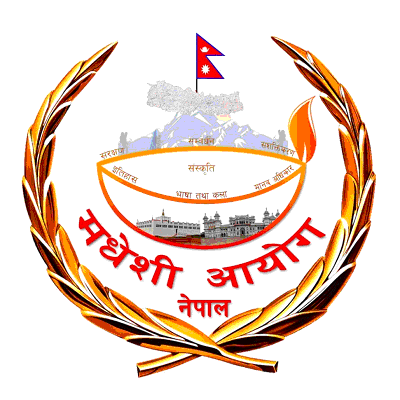
-Logo.png)
-Logo.png)
